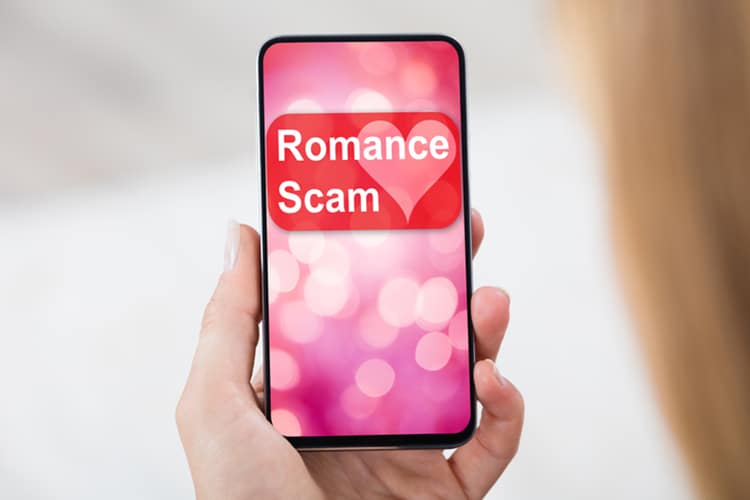Avoid Being a Dating Scam Victim

Here’s how the FBI says the romance scam usually works.
You’re contacted online by someone who appears interested in you. He or she may have a profile you can read or a picture that is emailed to you. For weeks, even months, you may chat back and forth with one another, forming a connection. You may even be sent flowers or other gifts. But ultimately, your new-found “friend” is going to ask you for money.
Don’t be a victim. Check out these five tips to avoid a dating scam:
- NEVER agree if the person asks you to use your bank account to process checks or electronic money transfers for any reason. This may be an attempt to launder the proceeds of crime.
- NEVER purchase an airline ticket and fly to a foreign country to meet someone who has requested money from you.
- DO NOT send money, ever. The ‘red flag’ moment comes when the person you’re talking to asks for money. Do not send it even if the story is so tragic you feel you MUST help. If the subject of money comes up early in a relationship, be wary. If someone asks outright for a Western Union payment, gift card, cryptocurrency, or bank wire transfer, you may be dealing with a criminal. Speak to a site administrator if possible. Talk to a friend, or ask advice from an independent agency, or local law enforcement.
If you do not send them money as requested, the requests will increase in urgency and the pressure they put on you will escalate accordingly. If this pressure does not work, they may change tactics by asking for a much smaller amount than they originally requested. For example, they may claim that they have managed to source most of the money from elsewhere. - NEVER share your Social Security number, or other personally identifiable information that can be used to access your accounts, with someone who does not need to know this information.
- DO NOT be ashamed to ‘play detective.’ Millions of people use dating sites, but they do carry risks that in person dating does not. You don’t know whether the person you are speaking to is real, where they’re from or whether the photos are really them. So, play detective. If they won’t tell you where they work, worry. Likewise, if they keep asking questions about you, but never answer any about themselves, worry. Search for them on LinkedIn, or just via Google. It’s almost impossible NOT to leave traces online these days. If someone has no traces online, they probably are not real.
